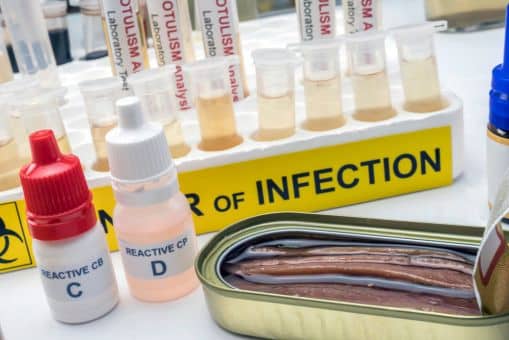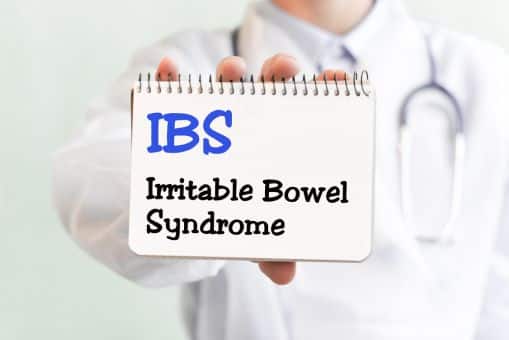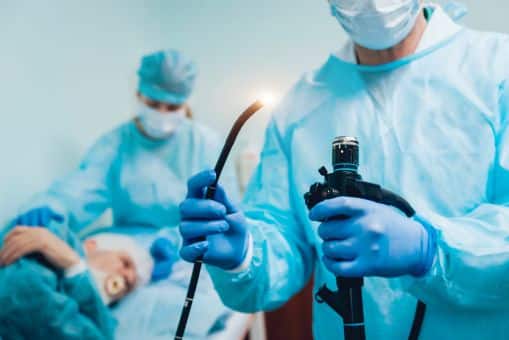What is a faecal transplant?
Faecal transplant, commonly called faecal microbiota transplantation (FMT), is a cutting-edge medical approach that includes introducing a patient’s colon to a donor’s healthy, bacteria-rich stool.
This treatment seeks to cure conditions, including recurrent clostridium difficile infections (CDI), inflammatory bowel disease (IBD), and other gastrointestinal disorders by restoring the balance of gut flora.
How does a faecal transplant in Sydney help with gastrointestinal disorders?
With continuous research, faecal microbiome transplantation therapy has proven to be relatively effective in its capacity to treat a variety of gastrointestinal disorders and imbalances that may occur in the gut microbiome. Faecal transplantation therapy can help with a number of conditions such as:
Clostridium difficile infection (CDI)

Clostridium difficile infection is when bad bacteria, known as C. diff, kill off good bacteria in the colon which can contribute to digestion. This may be a result of the consumption of antibiotics, which may sometimes be used to treat other bacterial infections. A faecal microbiota transplant (FMT) has an effectiveness rate of 90-93% when used as a treatment for clostridium difficile infection and its prevention, according to medical studies.
Inflammatory bowel disease (IBD)

IBD is a term used in cohesion for two conditions—Crohn’s disease and ulcerative colitis. This is a characterisation of chronic inflammation of the gastrointestinal tract. An FMT can be described as an emerging alternative therapeutic approach for the management of these gastrointestinal disorders. It has the potential and the capacity to restore a healthy balance of the gut microbiota and reduce inflammation that is associated with the disease.
Irritable bowel syndrome (IBS)

IBS is a compilation of symptoms that occur in the gastrointestinal tract, causing repeated pain in your abdomen that will eventually result in changes in your bowel movements, causing either diarrhoea, constipation, or both. An FMT can regulate these events in the gut flora and help ease symptoms such as bloating and stomach pain in patients with IBS. Although an FMT may seem too simple for IBS, it has proved to be effective.
Regardless of the gastrointestinal disorder and the severity of the symptoms, you should speak with a medical professional for thorough testing and diagnosis.
Who may need a faecal transplant?

If a C. diff infection in the colon is recurring and is causing colitis (colon inflammation), faecal transplantation is a possible option for treatment.
Although there is much interest in other potential uses of FMT for disorders such as inflammatory bowel disease, autism, and obesity, there is no proof that the procedure is secure and efficient for treating illnesses other than C. diff. The study of further FMT applications is ongoing.
What is the faecal transplant procedure?
Typically, a colonoscopy is used for faecal transplantation. The solution containing donor faeces is poured into the colon as the colonoscope is withdrawn after being guided entirely through the colon by a gastroenterologist.
To ensure the safety of the transplant, a prospective donor is carefully chosen and checked for infectious illnesses and other disorders.
Typically on the day of the transplant, once the tests are done, a faecal sample is collected from the donor who has already been screened.
The sample goes through an extensive procedure to extract the helpful microbes and eliminate any other potentially dangerous compounds.
Using many techniques, including endoscopy or capsules, the prepared faecal material is inserted into the recipient’s gastrointestinal system.
The recipient is carefully watched after the transplant to evaluate the procedure’s success and handle any potential issues or side effects.

When should you contact a healthcare professional?
Depending on the conditions of each patient and the instructions that are followed by healthcare professionals, the FMT preparation process may vary.
It’s critical to adhere to the detailed instructions provided by your healthcare provider and to keep lines of communication open during the procedure.
By doing this, you can reduce any risks associated with an FMT while reaping any potential benefits.

Consult a gastrointestinal specialist for a faecal transplant in Sydney
Dr. Suhirdan Vivekanandarajah, a gastroenterologist and hepatologist located in Sydney, has undergone comprehensive training to assist his patients in achieving optimal digestive health.
You can book a consultation with him now to discover ways to enhance your digestive well-being.
